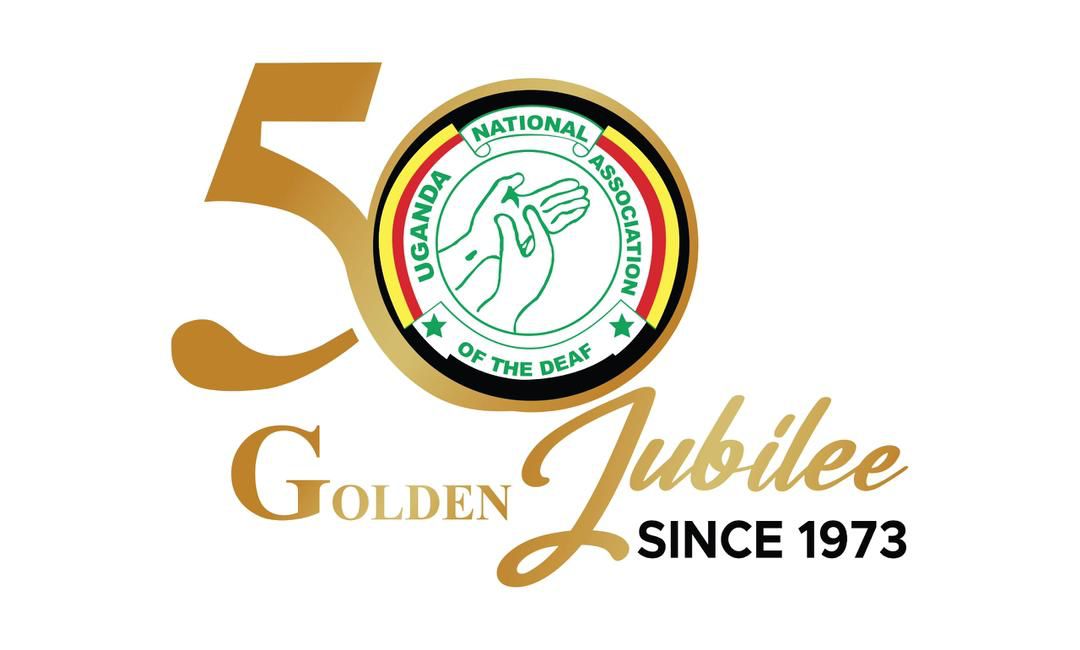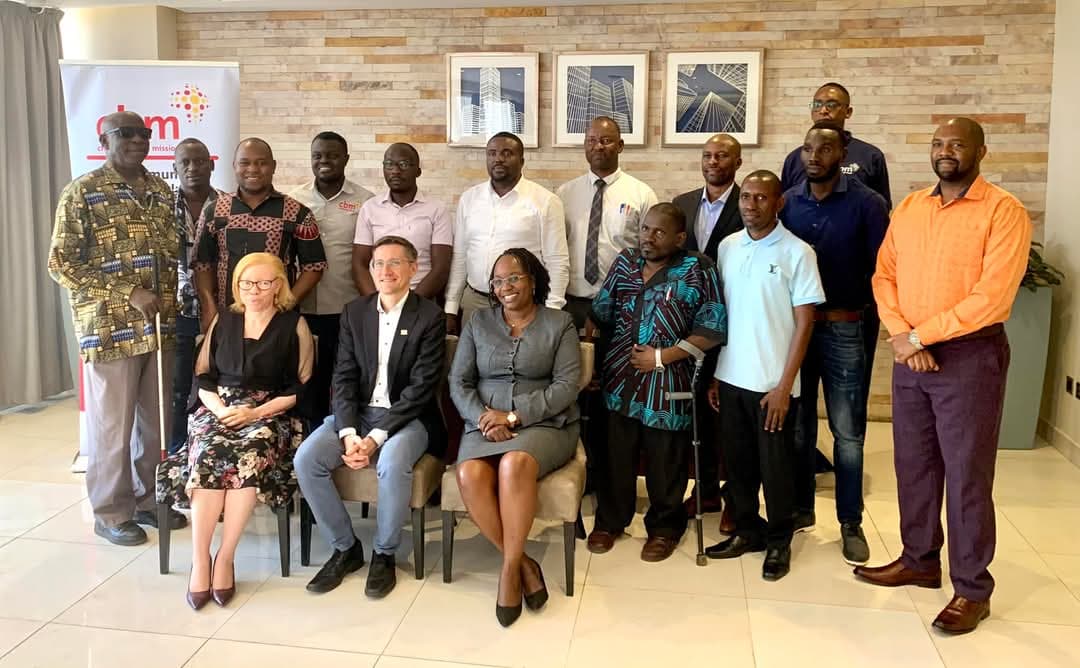Tel: +256 414 532 875 | Email: unad@infocom.co.ug

Since its establishment in 2004, SPIDER (Swedish Programme for ICTs in Developing Regions) has upheld the belief that education is a fundamental human right—one that empowers individuals to actively participate in society and break the cycle of poverty. Yet, in many low-resource settings, education remains chronically underfunded. The situation is even more dire for students who require special accommodations, as their needs often go unmet, thereby excluding them from the learning process altogether.
This reality poses a significant challenge to the realization of the Sustainable Development Goals (SDGs), particularly Goal 4 (Quality Education for All) and Goal 10 (Reducing Inequality), as well as the African Union’s Agenda 2063. Without directly addressing issues such as disability inclusion, discrimination, and stigma, these global and regional objectives will remain out of reach.
In response to these challenges, the Uganda National Association of the Deaf (UNAD), in partnership with SPIDER, launched a two-year initiative titled the “Digitalising Uganda Sign Language Project.” This initiative seeks to enhance access to quality education for Uganda’s Deaf community through innovative digital solutions.
Uganda Sign Language (USL), recognized as an official language in the country, is central to integrating Deaf individuals into all aspects of national life. Currently, around 1.2 million Ugandans use USL, with approximately 98% being Deaf. Despite its official status, USL instruction has largely relied on manual training materials. These resources are costly to maintain, difficult to update, and ultimately unsustainable, which limits the reach and quality of USL education.
Launched on March 1, 2017, the project is developing digital USL content in the form of video tutorials tailored for multiple platforms including social media, YouTube, an eLearning web portal, a mobile application, and DVDs. Its objective is to make USL learning widely accessible, user-friendly, and convenient for both learners and instructors.
The project emphasizes a research-driven, user-centered approach to content creation, addressing the diverse needs of learners such as Deaf children, teachers, healthcare providers, law enforcement personnel, family members, and sign-language educators. The overarching aim is to foster blended learning and ensure effective inclusion across all sectors of society.
UNAD’s initiative is built on a multi-stakeholder model that brings together academia, government bodies, civil society organizations, sign-language experts, Deaf individuals, and service providers. Together, these partners are working to ensure that high-quality digital content for USL learning is widely available, effectively used, and has a lasting, positive impact on Uganda’s Deaf community.
One persistent barrier in promoting inclusion is the lack of reliable data on people with disabilities, which hinders efforts by international organizations to track progress and tailor interventions (UNESCO, 2015). Acknowledging this gap, SPIDER has taken steps to refine its research policies and practices for the 2015–2019 program period to better support evidence-based solutions for inclusive education.

